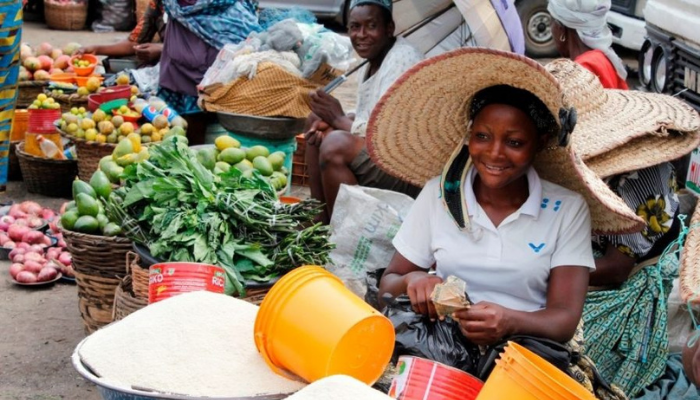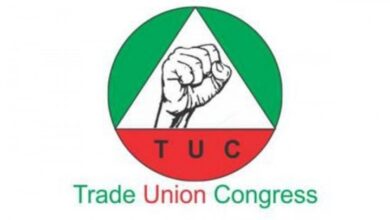Over 13 million Ghanaians face food insecurity – GSS Report


The Ghana Statistical Service (GSS) has revealed that more than 13 million Ghanaians were food insecure by the end of 2024, representing a 7.3 percent increase from the first quarter of the year.
According to new data released ahead of World Food Day, the number of people struggling to access adequate and nutritious food rose from 12.4 million in the first quarter of 2024 to 13.3 million in the fourth quarter.
The GSS attributes this worrying trend to persistent challenges in food access, availability, and utilisation across the country.
The report, themed around this year’s World Food Day message, “Right to Foods for a Better Life and a Better Future”, highlights deep regional and gender disparities in the fight against hunger.
The Volta Region recorded the highest food insecurity rate at 52 percent, while Greater Accra had the lowest at 29 percent.
The GSS noted that the gap between male and female-headed households remains significant, with women more likely to face food insecurity.
Female-headed households saw an increase from 40.4 percent in the first quarter to 44 percent in the last quarter of 2024, compared to 37.1 percent among male-headed households.
Food insecurity was also linked to poor child health outcomes.
Among households with underweight children under five, food insecurity rose from 38 percent in the first quarter to nearly 45 percent in the fourth quarter.
The data further revealed that the number of Ghanaians who are both food insecure and multidimensionally poor grew by 400,000 within the same period, rising from 3.7 million to 4.1 million.
The Statistical Service warns that unless coordinated, data-driven interventions are scaled up, Ghana risks setbacks in achieving Sustainable Development Goal 2, which aims to end hunger and promote sustainable agriculture.
The GSS is calling for stronger policies to improve access to nutritious food, support smallholder farmers, and promote climate-resilient agriculture. It also emphasised the need for collaboration between government, development partners, and communities to bridge regional and gender gaps in food security.
“Food insecurity is not inevitable. With the right data, the right policies, and the right partnerships, every Ghanaian can have access to safe, nutritious, and affordable food. The time to act is now, so that no table is left empty,” the statement said.
DISCLAIMER: The Views, Comments, Opinions, Contributions and Statements made by Readers and Contributors on this platform do not necessarily represent the views or policy of Multimedia Group Limited.
DISCLAIMER: The Views, Comments, Opinions, Contributions and Statements made by Readers and Contributors on this platform do not necessarily represent the views or policy of Multimedia Group Limited.
Source link





